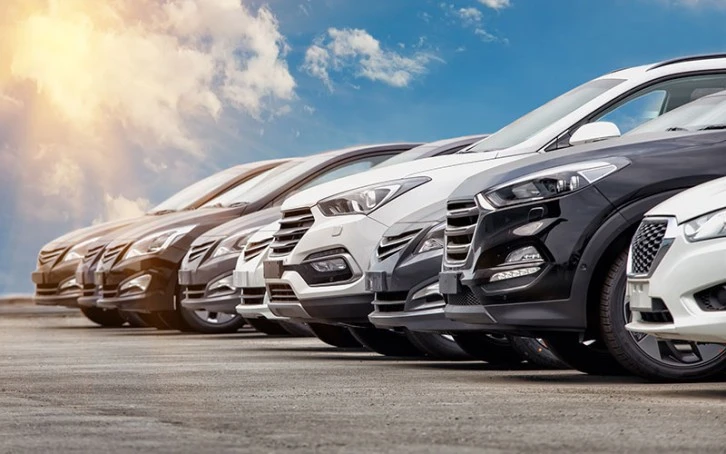Diesel Vehicle or Gasoline Vehicle? Factors Affecting the Rental Decision
During the car rental process, the question of whether diesel or gasoline should be preferred often comes up. Both types of vehicles have advantages and disadvantages, and the correct choice depends on the needs and preferences of the user. Here are some factors that compare diesel and gasoline vehicles:
1. Fuel Economy:
Diesel Vehicles:
Diesel vehicles usually have a higher fuel economy. Since the energy density of diesel fuel is higher, they consume less fuel to travel the same distance. This can be an economical choice for those who do long-distance driving.
Gasoline Vehicles:
Gasoline vehicles usually have a higher cost per liter. However, some gasoline models can also provide state-of-the-art fuel efficiency.
2. Engine Cost:
Diesel Vehicles:
Diesel engines usually have a more complex structure, which can increase maintenance and repair costs. However, its low-rpm torque characteristics can improve traction and have a long service life.
Gasoline Vehicles:
Gasoline engines usually have a simpler structure, which can reduce maintenance costs. However, they tend to get more power at high revs.
3. Price Difference:
Diesel Vehicles:
Diesel vehicles usually have a higher starting price at the purchase stage. However, they can offset this cost difference by saving fuel in long-term use.
Gasoline Vehicles:
The purchase costs of gasoline vehicles are usually lower, but the fuel prices paid per liter can be higher.
4. Environmental Impacts:
Diesel Vehicles:
Diesel engines may generally have less carbon dioxide (CO2) emissions, but may cause more concern about nitrogen oxide (NOx) and particulate matter emissions.
Gasoline Vehicles:
Gasoline engines generally have lower NOx and particulate matter emissions. However, CO2 emissions are usually higher.
5. Driving Style:
Diesel Vehicles:
Diesel engines usually offer better traction power thanks to their torque characteristics. This can be especially advantageous for drivers who carry heavy loads or often travel long distances.
Gasoline Vehicles:
Gasoline engines usually produce more power at higher revs. This may be attractive for drivers who are looking for a sportier driving experience or traveling short distances.
6. Sound Levels:
Diesel Vehicles:
Diesel engines usually produce more noise. However, this difference is gradually decreasing with technological developments.
Gasoline Vehicles:
Gasoline engines usually run quieter.
7. Cold Weather Performance:
Diesel Vehicles:
Diesel engines usually perform better in cold weather conditions. Diesel fuel has better combustion properties at low temperatures, which makes for a more efficient drive in cold climates.
Gasoline Vehicles:
Gasoline engines can also work in cold weather conditions, but in some cases they may be somewhat more difficult than diesel engines.
8. City Driving:
Diesel Vehicles:
Diesel engines generally provide better fuel economy when driving in cities, because they produce more torque at low revs. However, regular city driving due to diesel particulate filter problems can lead to clogging of the filters.
Gasoline Vehicles:
Gasoline engines can be better adapted to stop-and-go traffic in the city. They may be more effective when driving for short distances and requiring frequent stops.
9. Resale Value and the Second-Hand Market:
Diesel Vehicles:
They can often have a higher resale value on the second-hand market. The fact that they provide a cost advantage in long-term use positively affects their second-hand value.
Gasoline Vehicles:
Gasoline vehicles usually have a lower starting price, but their second-hand value may be slightly lower compared to diesel vehicles.
The question of whether to use diesel or gasoline varies depending on personal preferences, driving habits and budget. Diesel vehicles may generally be an economical choice for long-distance driving, while gasoline vehicles may be more suitable for short-distance and urban driving. Taking these factors into account during the rental process and making a choice appropriate to individual needs will provide the most suitable vehicle to the user.
When determining the car rental preference, the user's needs, budget and driving habits play an important role. Diesel vehicles may be economical for those who drive long distances, while gasoline vehicles may be more suitable for users over short distances. Carefully evaluating the relevant factors will help to choose the most suitable type of vehicle.

